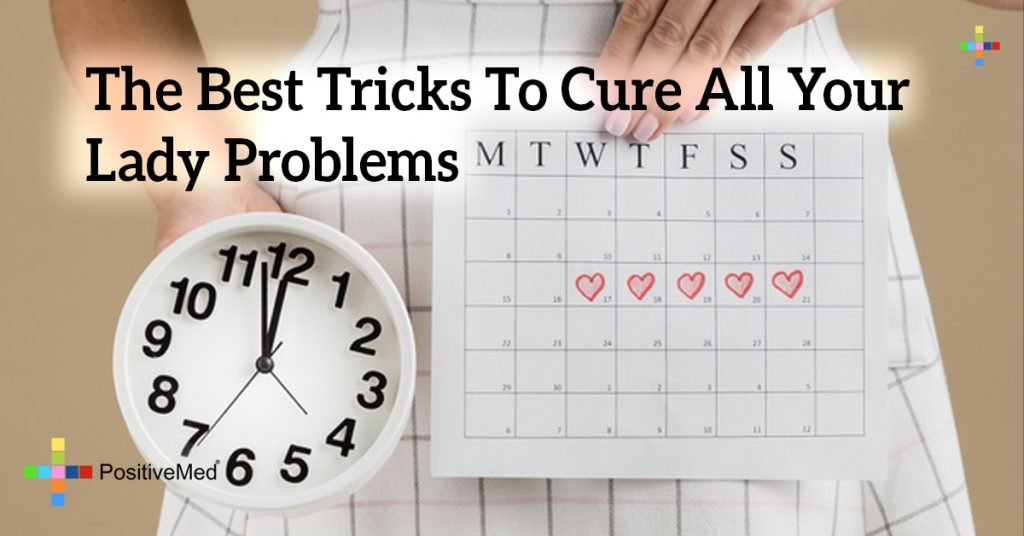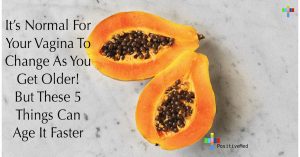
The Best Tricks To Cure All Your Lady Problems
Women can experience a variety of troublesome monthly symptoms due to changing hormone levels. These symptoms can have an impact on daily activities and quality of life. Exercise, stress management and adequate sleep can help to reduce many menstrual and gynecological problems. Even the foods you eat can have a significant effect on how you feel at certain times of the month. Try these tips to reduce uncomfortable symptoms:

Help For Menstrual CrampsCalcium has been found to be helpful in reducing cramping during the menstrual period. A Turkish study found that women who consumed more milk had less bloating, less cramping and fewer food cravings. In addition, increasing calcium in your diet also helps to reduce the risk for osteoporosis later in life. About 1,200 milligrams of calcium per day is recommended. This amount can easily be reached by with normal dietary sources. One cup of milk contains 300 milligrams of calcium. One cup of yogurt contains about 448 milligrams of calcium. One ounce of cheese contains 200 to 270 milligrams of calcium.
Reducing Digestive ProblemsThe bloating and constipation that occurs during the menstrual cycle can be reduced by eating plenty of fruits, vegetables and whole grains. These foods can keep your digestive system functioning well, despite hormonal changes.
Dealing With Insomnia
Sleep problems due to hormonal discomfort
can be reduced by avoiding the consumption of caffeine, alcohol and sugary foods that cause blood sugar spikes. To increase the amount of relaxing brain chemicals before sleep, keep your dinner meal light. A heavy meal can increase digestive problems, acid reflux and increased mental stimulation. Instead consume whole grains, turkey or fish, along with herbal tea, to put your body and mind into a more relaxed state. If you like a snack before bedtime, try a half-cup of cottage cheese, which will help induce sleep and also provide extra calcium.
Managing Mood IssuesTo keep your mood on an even keel during monthly hormone fluctuations, eat a balanced diet of whole grains, lean meats and plenty of vegetables. Make sure you get enough omega-3 fatty acids from flaxseeds, walnuts, salmon, shrimp and Brussel sprouts. These foods can also help you to manage stress during the menstrual cycle. Stay away from processed foods and baked goods, which can contain high amounts of sugar that can affect blood sugar levels that cause mood swings.
Eliminating HeadachesCutting down on the fats in your diet can not only help with weight management; it can also help to reduce estrogen levels that can contribute to headaches, cramping and other physical discomfort. Eliminate salad dressings, margarine and cooking oils from your diet.







